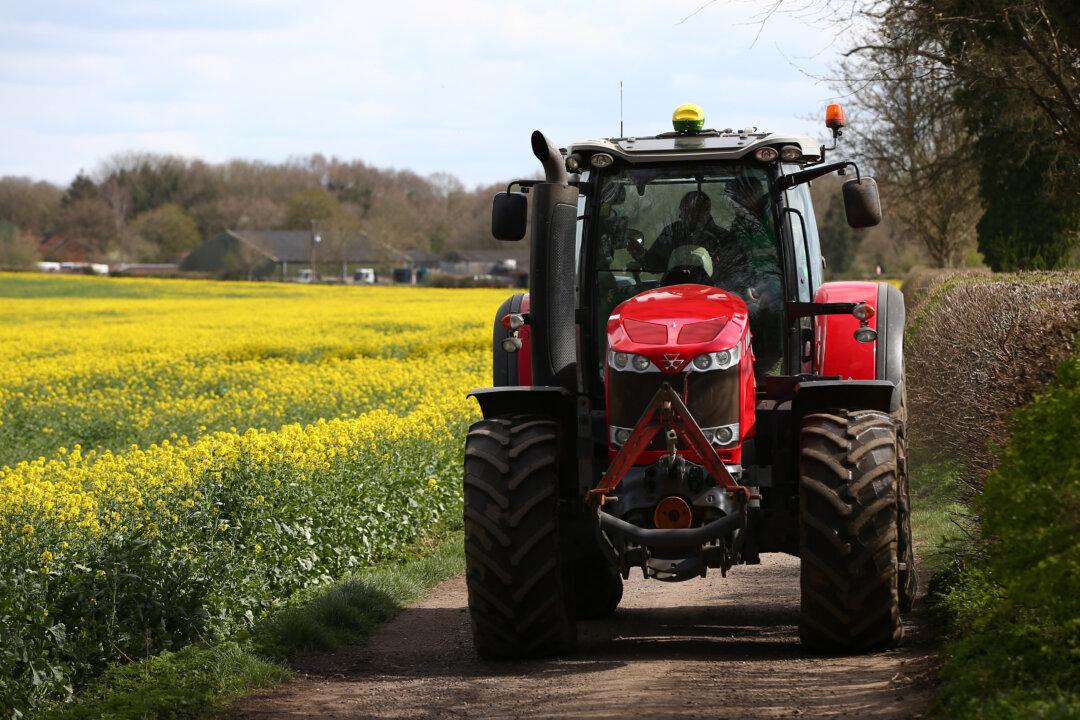Hoping to fend off concerns about eating ‘gene-edited’ food, the British government claims the process it plans to legalise is different to GM—or genetic modification. With supporters claiming it will be good for planet, people, and pockets, Westminster insists “editing” genes is safe and, unlike GM, won’t share genetic material across species.
But as the bill to introduce the technique returns for its second reading in Parliament on Wednesday, the distinction has been branded a ‘conceptual sleight of hand’ with some leading scientists unconvinced it is the panacea for twenty-first century ills.



